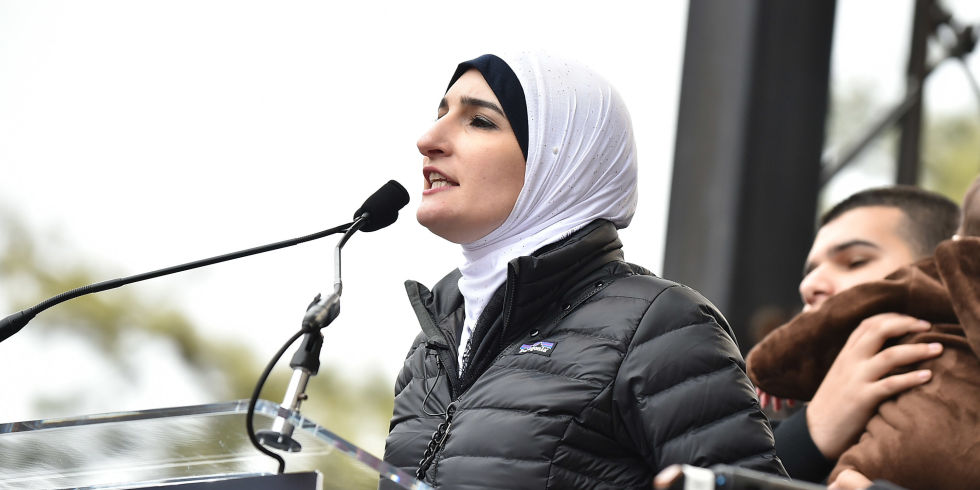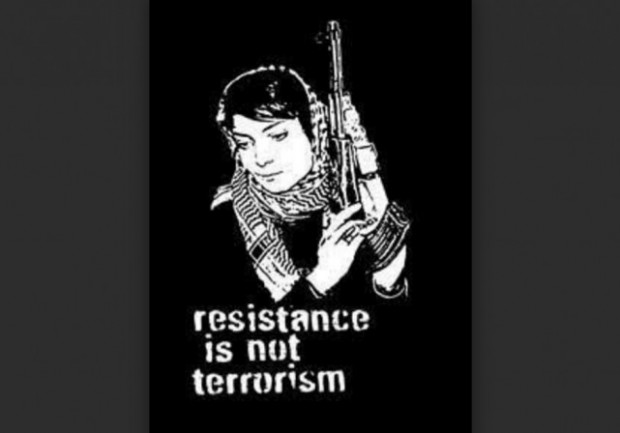Over the Spring, Linda Sarsour, a Palestinian activist and representative of the progressive left, was invited to speak at UMass Amherst by several faculty departments and student organizations. Her lecture focused on what the United States must do to better protect and support the minorities of this nation.

Much of her talk was rooted in history, where she lectured on Japanese internment camps and the harm they did to both the Japanese and the United States as a whole during World War II. She used that focal point in history to talk about her ethnic experience in America. Sarsour argued that President Trump has Islamophobic tendencies, using his attempt to exclude people from seven middle-eastern countries, and cited the various consequences minorities will continue to face if all faiths are not treated equally.
Sarsour mainly focused on the work the progressive left has done and needs to continue in order to keep up this level of resistance. However, following her talk, she took a question from a student who identified herself as a progressive Zionist regarding how Jews and pro Israel students can feel unwelcome when championing other causes they feel passionate about such as Black Lives Matter (BLM). This concern is due to the fact that BLM’s platform officially endorses boycotting only one country, Israel. Sarsour argued that “if you want to work on pro-Israel stuff please do it. But you can’t come to Black Lives Matter and say you have to recognize the state of Israel”. Actually, it’s the other way around. Pro-Israel students never believed that the struggle for black lives mirrors the events of the Arab-Israeli conflict. It is therefore fair criticism for pro-Israel students to ask why Israel is belittled and not recognized considering that BLM has gone out of its way to incorporate the conflict as part of their platform.
Furthermore, If BLM were to take a different position on the the Arab-Israeli conflict, would Sarsour, who has continuously spoken up against Israel, continue her support for the organization? In addition to the position of BLM, what if Human Rights Watch or other social justice organizations began focusing on Palestinian incitement against Jews in the region, would Sarsour stand by her beliefs of fighting injustice or would she distance herself? Sarsour loves to talk about the money raised for a Jewish cemetery in Saint Louis, but ignores the safety of Jews in Israel in the face of Palestinian incitement and terrorism. Sarsour, fails to understand why pro-Israel students are insisting on the acknowledgment of such a simple truth.
Pro-Israel students like myself would be the first to acknowledge the stark differences between BLM and Students for Justice in Palestine (SJP). The organizations behave in different ways and forward different causes. It is therefore incredibly bizarre that the two organizations have merged together, fighting under one banner of human rights. Black Lives Matter is an organization that is upfront about forwarding and promoting the positive development of black lives. Where is the intersectional overlap with SJP? Knowing this, how does SJP further the values of BLM? The forced connection between the two causes pushed by anti-Israel activists emerged following the death of Michael Brown where SJP protesters were found holding signs and waving flags that said, “From Ferguson to Palestine.” SJP’s decision to coalition with BLM seems more about teaming up against Israel and less about social justice.

Furthermore, after beginning the question and answer portion of the lecture, Sarsour insinuated that Jews have a history of not supporting causes that do not directly affect their own people. She accused Jews of making their personal activism about them. When a student asked about the possible intersectional overlap between Zionism and progressive movements, Sarsour said, “sometimes we have to show up in a space that is not about us…(after referencing her fundraising efforts for the desecrated Jewish cemetery in Saint Louis) are the people who are buried in that cemetery, are they Zionist, are they pro-Israel, I just want to get the politics, right?” Sarsour was absolving herself from preconditions, saying she helps those regardless of their political ideology. She continues, “when I show up at a space for black lives, I don’t stop people and say, ‘before we organize on the sanctity of black lives I just want to know where you lie on Palestine..because in that moment it’s not about me.” Sarsour was referring to the false notion that the Jews need to be at the center of the cause for whom people are fighting.
Such a statement is not only ahistorical but also incredibly bizarre.There is a long history of individuals lashing out at Jews, arguing that it is not only about them. Perhaps it is fair to say that Sarsour has followed suit in similar fashion.
What Sarsour is perhaps most effective at, is forwarding the traditional anti-Israel narrative and creating discourse that aligns more with ideology and less with reality. Moreover, the subject of Sarsour’s speech could have been given at any point during this semester, yet she came right after “colonial apartheid week” at UMass. Sarsour noticeably decided to not express her support for Sharia Law in Saudi Arabia, where women are treated as second class citizens and banned from driving, and where the punishment for homosexuality is death. She also could have spoken about her condemnation of human rights activist and female genital mutilation victim, Ayyan Hirsi Ali. Instead, she poked fun at the ideals of Zionism.
Following the event, some went up and thanked her personally while others talked amongst their friends. But whether it be intersectional overlap or a selective application of facts that are ahistorical, both Sarsour and SJP provided plans for exclusion under the large umbrella of human rights and justice for all.
Contributed by Isaac Simon, CAMERA Fellow at University of Massachusetts, Amherst and board member of CAMERA-supported group UMass Student Alliance for Israel.

